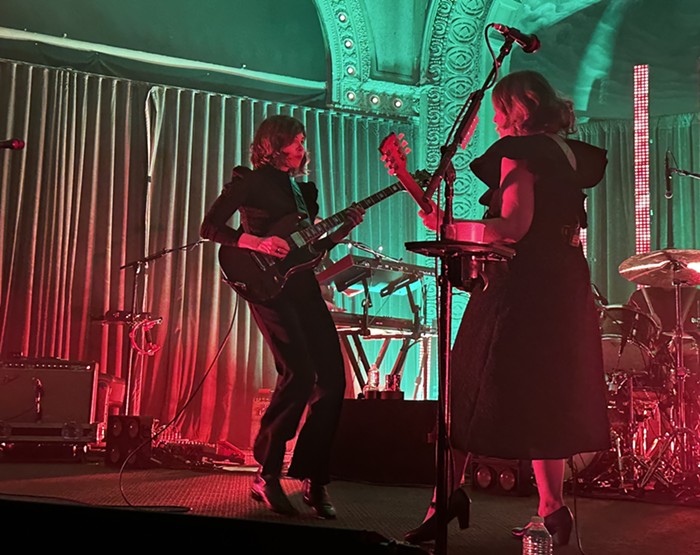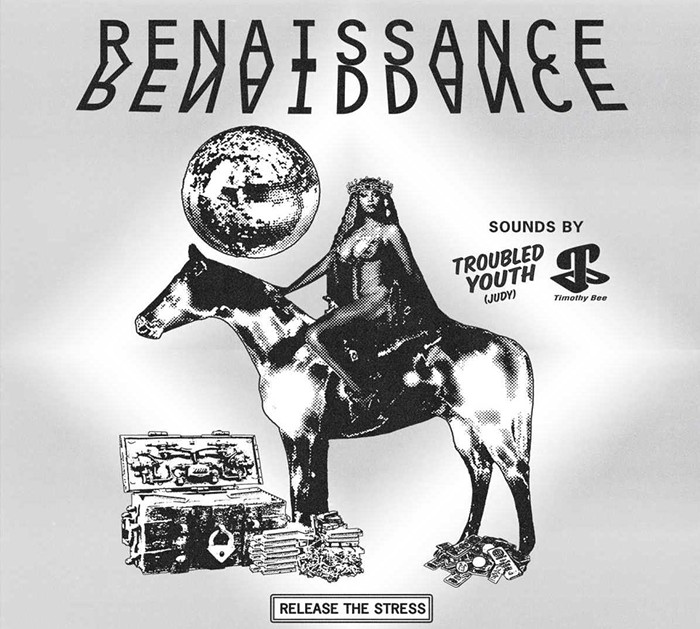PORTLAND GUITARIST Marisa Anderson’s newest full-length, Into the Light, sounds like one long ride into the sunset—a journey that gradually but magnetically moves toward the horizon.
It’s no wonder Anderson’s album bears this cinematic quality; a press release says it was created to soundtrack an imagined sci-fi western featuring “a visitor lost and wandering on the shifting borderlands of the Sonoran Desert.” Its 10 songs are vignettes that bleed into each other like watercolor landscapes, swelling and sighing with the energy of living, breathing beings.
Anderson’s sci-fi western is vividly illustrated with warm layers of lap and pedal steel that whinny with nostalgic resonance and twang—at different points in the album these guitar parts sound like they’re being distorted through echoing canyons or calling without response across expansive, empty plains. Her unspoken story sounds almost post-apocalyptic, as if her desert traveler were searching for signs of life in a woebegone land.
Into the Light’s title track opens the record with a dark reverie that sounds both foreboding and delicate, like wind rustling through the brush under a full moon. The moody “Waltz of Shadows” sounds like a dusty player piano gone rogue in an abandoned saloon, while “The Old Guard” centers on singsong-y blues riffs. Anderson revisits a more classical playing style on the bristling “He Is Without His Guns,” which, were it not for the title, could be the score for an hours-long standoff. The following track, “Chimes,” remedies the tenseness with guitar- and electric piano-created wind chimes, highlighting the scene’s stillness as the wind’s gentle movement stirs an unconventional symphony. Closing track “End of the Night” is a dwindling coda, the kind that doesn’t announce a finite end, but lets past and present seep into each other.
Anderson deftly experiments with her guitar and its ability to expand in space and time on Into the Light. Her protagonist’s amble is slow but steady, and not without its share of diversions. But despite its cinematic narrative, the album never feels overly dramatic. Anderson perfectly uses the feeling of the rising and fading sun as a measurement of time passing, with each song cast in a different morphing shadow of the album’s ever-changing light.


















